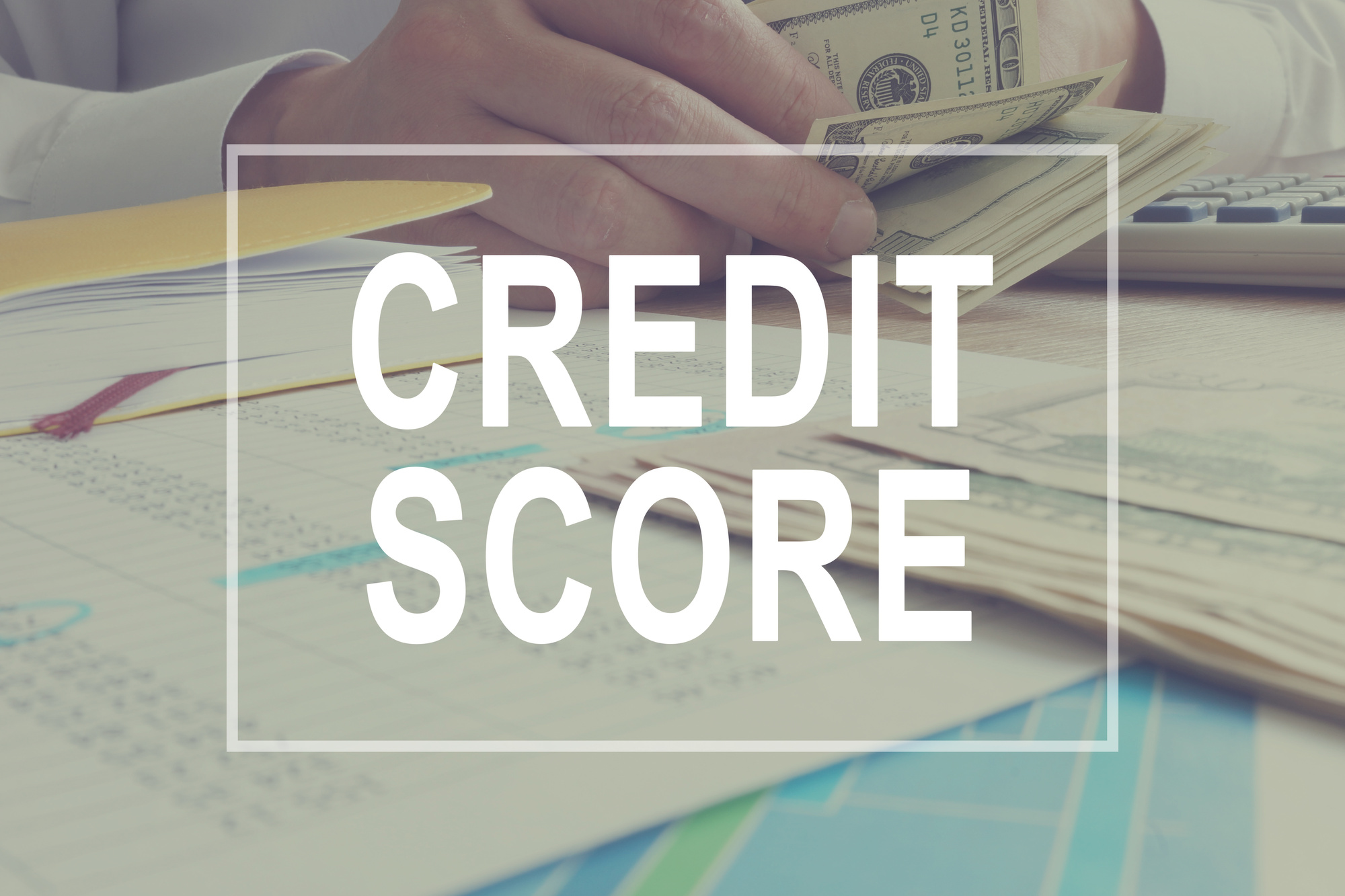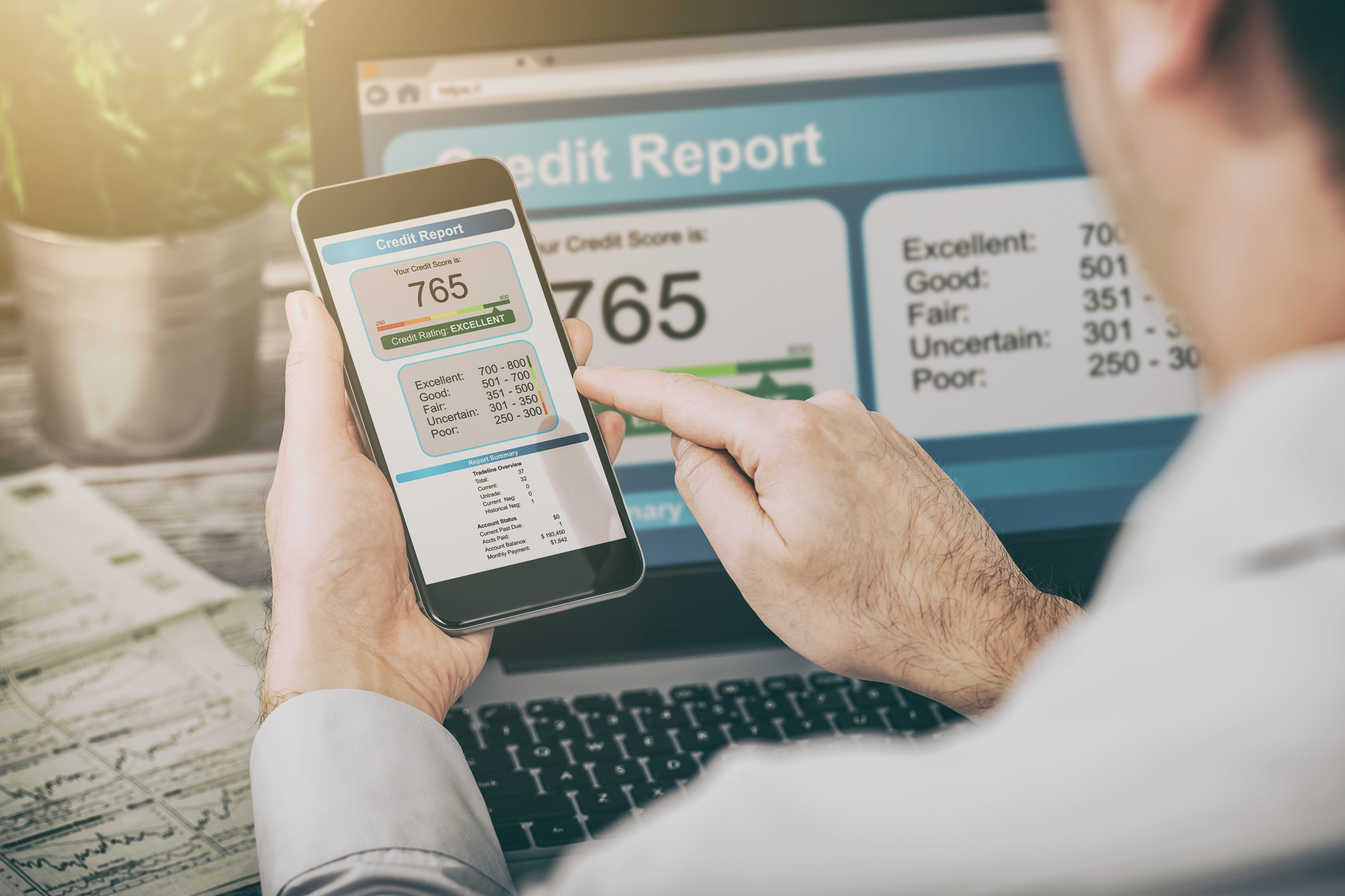What Happens to Your Credit Score After Bankruptcy?
Finances are a confusing subject for most people, yet everyone knows what “Chapter 11” means. In 2016 alone, there were a total of 819,159 bankruptcies filed. That means it’s not a rare occurrence.
Of those 819,159 bankruptcies, only 25,046 were by businesses. Therefore, most bankruptcies are being filed by consumers and not businesses.
Considering these numbers, it’s likely that you know someone who’s been affected by bankruptcy. If not, you’ve probably seen the topic broached more than a few times in entertainment or other media.
Once the paperwork is filed, the next question is, “What happens to a credit score after bankruptcy?” Read this guide to find out more.
Types of Bankruptcy
Before you even file bankruptcy, you need to consider what type of bankruptcy best suits your situation. Not all bankruptcies are treated equally, and not all bankruptcies affect your credit equally.
The two main types of consumer bankruptcies are Chapter 7 and Chapter 13.
Chapter 7
A Chapter 7 bankruptcy is the quicker type of bankruptcy. It will only take about a few months after you file to complete it. Of course, that’s only if you qualify.
Many people prefer Chapter 7 bankruptcy for its speed. However, this type of bankruptcy requires the filer to liquidate all assets. The money from liquidation then goes to the creditors. Finally, at the end of the process, all debts are discharged.
For other people, liquidation is not an attractive option. Sometimes, however, it is necessary. Unfortunately, this type of bankruptcy will remain on your account for ten years.
Chapter 13
Unlike Chapter 7 bankruptcy, Chapter 13 bankruptcy can take years to file. Some people prefer this method, however, because it allows them to retain all their assets.
Instead, the filer will be responsible for settling all their debts with their creditors. Usually, this is done through a payment plan that can last three to five years. At the end of the plan, the remaining debt is discharged.
With this method, the bankruptcy will only remain on your account for seven years if you complete everything properly.
The National Average
There’s no way to really know how bankruptcy will affect your credit score until you file, but looking at national averages can help you get a better picture.
Those with a higher credit score take a harder hit to their credit. On average, someone with an excellent score will drop a couple hundred points. For example, if your score is 780, it may drop to something under 550.
Those with a lower credit score have less to lose. It’s most likely that their credit will drop somewhere between one hundred and two hundred points. If you have a fair credit score, like 680, you may end up with something like 530.
Either way, the bankruptcy filer will end up with a score that is somewhere around or below a 550.
Past Due Accounts
Most people considering bankruptcy already have some bad accounts in their credit file. They may have missed some payments, gone delinquent or default on a loan, or may have even had a foreclosure. If you’re considering filing for bankruptcy, it’s likely because of your past due accounts.
Even if you include these accounts when you file for bankruptcy, they will still appear on your credit report. Once they are discharged, however, they will have zero balance. This means lenders can still see them when you apply for credit.
Despite this, these accounts will no longer be listed as “past due.” This can be very relieving for anyone facing a mountain of debt.
Impacts on Your Score
A collection of derogatory remarks is often more harmful to your credit score than a single episode of bankruptcy.
As previously stated, if you have an excellent credit rating, you will see the largest impact on your credit score. If you have more, you have more to lose. If your credit was already suffering, the impact won’t be as large.
This impact is not uniform. The amount of debt discharged and the ratio of positive to negative accounts on your report will be factored in. Those with more severe debt situations will end up with a lower score than those with less debt.
How Others See Your Score
A huge reason why people resist filing for bankruptcy is fear. They are afraid that life will be just as hard after bankruptcy as it was before.
Thankfully, no one goes through this process alone. Filing for bankruptcy is not uncommon, and creditors know this. That’s why immediately after filing, you’ll find your mailbox flooded with offers.
After filing for bankruptcy, people are ambushed with credit card and car loan offers. Those who file for bankruptcy are often afraid that they’ll never get credit again, but these offers clearly disprove that.
Additionally, it’s not as hard to rent an apartment as it may seem. You may be required to pay a larger deposit, but many landlords are willing to overlook bankruptcy. It’s only attaining a mortgage that becomes a bit more difficult.
Improving Your Score
The best thing about bankruptcy is that it allows people to rebuild their credit score. It’s something you can begin to do as soon as your debts are discharged.
If you make the right decisions, you can get your score back into the 700s in just a few years. Make sure to scrutinize every financial decision you make during this crucial time.
One of the best ways to do this is with a secured credit card. These credit lines are much easier to manage and control. The most important thing is to make timely and consistent payments.
After a few years of good credit behavior, it will be as if the bankruptcy never happened.
Your Credit Score After Bankruptcy
Bankruptcy may seem like a life-ending event, but it doesn’t have to be. As you can see, hundreds of thousands of Americans go through the same predicament every year. Knowing these steps, you know what to expect from your credit score after bankruptcy.
At Credit Repair Answers, we can point you in the right direction to improve your credit after bankruptcy. Just make sure to check out our blog posts here.








